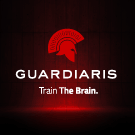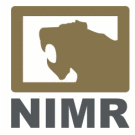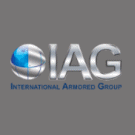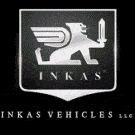|
|
|||
|
Military Defense Industry Technology - Robot South Korea
|
|||
|
|
|||
| Robots from South Korea win United States DRC DARPA Robotics Challenge. | |||
|
A robot from South Korea took first prize and two American robots took second and third prizes Saturday, June 6, 2015, in the two-day robotic challenge finals held by the Defense Advanced Research Projects Agency.
|
|||
|
|
|||
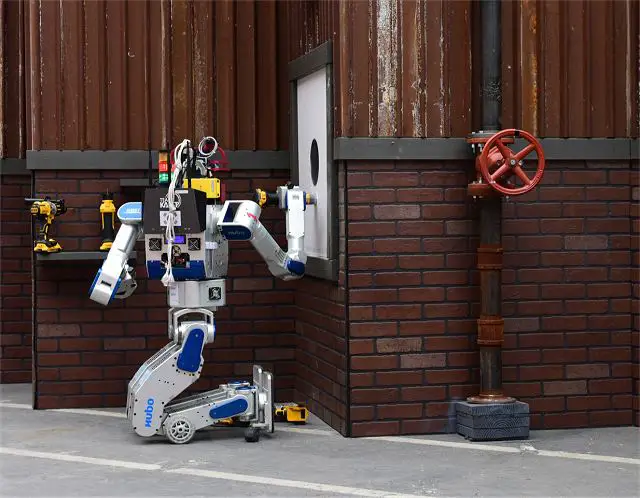 Team Kaist’s robot DRC-Hubo uses a tool to cut a hole in a wall during the DARPA Robotics Challenge Finals, June 5-6, 2015, in Pomona, Calif. Team Kaist won the top prize at the competition. DARPA photo Team Kaist’s robot DRC-Hubo uses a tool to cut a hole in a wall during the DARPA Robotics Challenge Finals, June 5-6, 2015, in Pomona, Calif. Team Kaist won the top prize at the competition. DARPA photo |
|||
|
|
|||
|
Twenty-three human-robot teams participating in the DARPA Robotics Challenge, or DRC, finals competed for $3.5 million in prizes, working to get through eight tasks in an hour, under their own onboard power and with severely degraded communications between robot and operator.
A dozen U.S. teams and 11 from Japan, Germany, Italy, South Korea and Hong Kong competed in the outdoor competition. DARPA launched the DRC in response to the nuclear disaster at Fukushima, Japan, in 2011 and the need for help to save lives in the toxic environment there. The DRC’s goal was to accelerate progress in robotics so robots more quickly can gain the dexterity and robustness they need to enter areas too dangerous for people and mitigate disaster impacts. Robot tasks were relevant to disaster response -- driving alone, walking through rubble, tripping circuit breakers, using a tool to cut a hole in a wall, turning valves and climbing stairs. Each team had two tries at the course with the best performance and times used as official scores. All three winners each had final scores of eight points, so they were arrayed from first to third place according to least time on the course. DARPA program manager and DRC organizer Gill Pratt congratulated the 23 participating teams and thanked them for helping open a new era of human-robot partnerships. Team Kaist from Daejeon, South Korea, and its robot DRC-Hubo took first place and the $2 million prize. Hubo comes from the words ‘humanoid robot.’ Team Kaist is from the Korea Advanced Institute of Science and Technology, which professor JunHo Oh of the Mechanical Engineering Department called “the MIT of Korea,” and he led Team Kaist to victory here. In his remarks at the DARPA press conference, Oh noted that researchers from a university commercial spinoff called Rainbow Co., built the Hubo robot hardware. The professor said his team’s first-place prize doesn’t make DRC-Hubo the best robot in the world, but he’s happy with the prize, which he said helps demonstrate Korea’s technological capabilities. |
|||
Robots from South Korea win United States DRC DARPA Robotics Challenge 10806151
- Posted On









